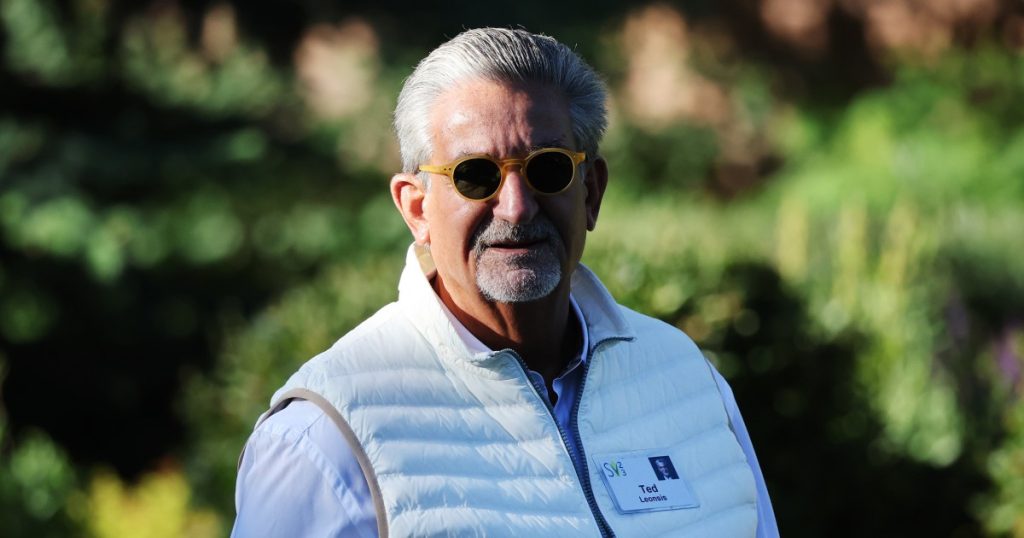Ted Leonsis, the owner of the NBA’s Wizards, the NHL’s Capitals, and the WNBA’s Mystics in Washington, D.C., recently shared insights on the importance of local engagement in politics and decision-making. In a conversation on the Chuck ToddCast podcast, Leonsis discussed his experience attempting to move his sports empire from downtown D.C. to Alexandria, Virginia. Despite the close proximity between the two locations, the move sparked controversy and opposition in both local governments and communities, highlighting the enduring significance of local perspectives and concerns.
Leonsis reflected on the challenges he faced during negotiations with Virginia Governor Glenn Youngkin to relocate the teams, only to have the deal fall through due to opposition in the state legislature. Ultimately, he reached an agreement with the D.C. government led by Mayor Bowser to keep the teams in Washington. As a veteran of the tech industry through his involvement with AOL, Leonsis shared his views on the trajectory of the sports and media industries, emphasizing the potential for the greater D.C. area to become one of the most important markets in North America.
Discussing his decision to accept investment from the Qatar sovereign wealth fund, Leonsis distinguished between passive investors like sovereign wealth funds and more active entities such as hedge funds. He expressed concerns about the influence and control that private equity investors seek in sports teams, contrasting their approach with that of passive investors like sovereign wealth funds. Leonsis highlighted the importance of maintaining a balance between financial stability and long-term investment strategies in sports ownership.
In the podcast conversation, Leonsis explored various topics ranging from the future of sports media to the impact of national politics on attracting players to Washington. He touched on the challenges of retaining top high school basketball talent in the D.C. area and discussed the potential for local sports tournaments to showcase emerging talent. Leonsis also shared his perspectives on key players in D.C. sports, comparing the legacies of Alexander Ovechkin and Bradley Beal in their respective sports.
Overall, Leonsis emphasized the value of local engagement and community support in shaping decisions related to sports ownership and management. By sharing his experiences with navigating local politics and negotiating deals to keep his teams in Washington, he underscored the enduring relevance of the adage that “all politics is local.” As the sports and media industries continue to evolve, Leonsis’ insights offer valuable perspectives on the future of sports ownership and the roles of politicians and financial entities in shaping the landscape of professional sports.


